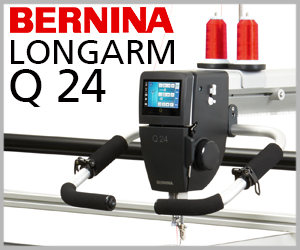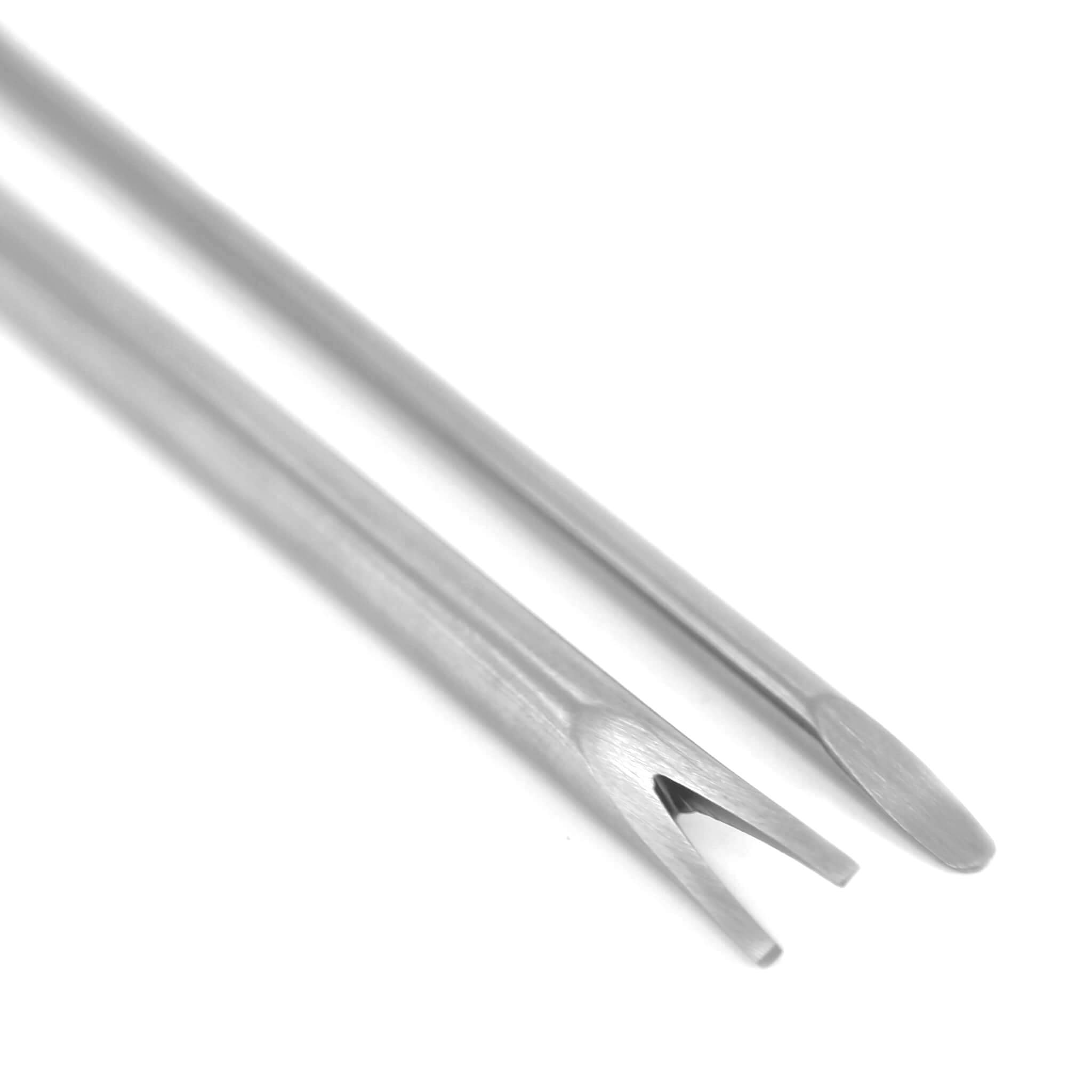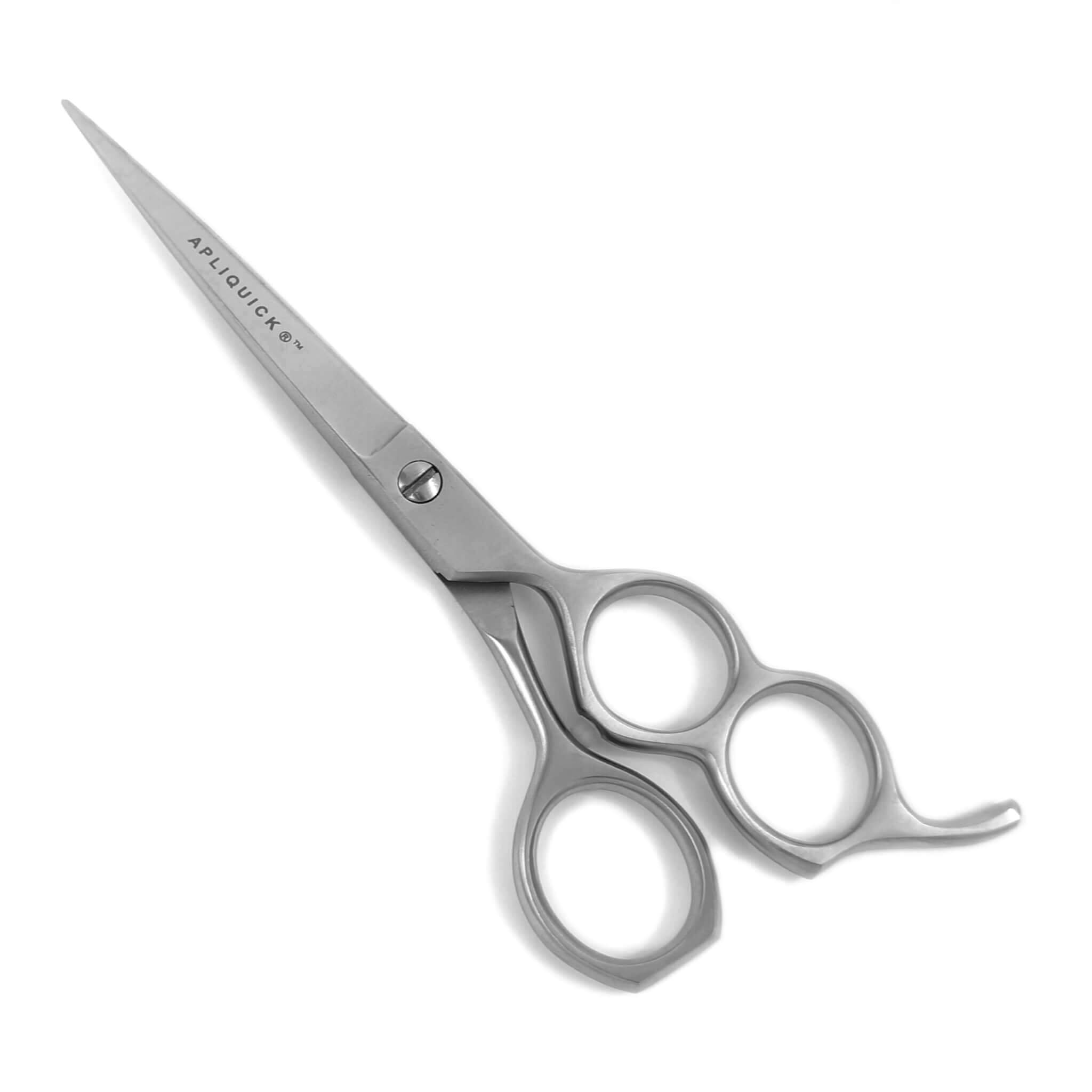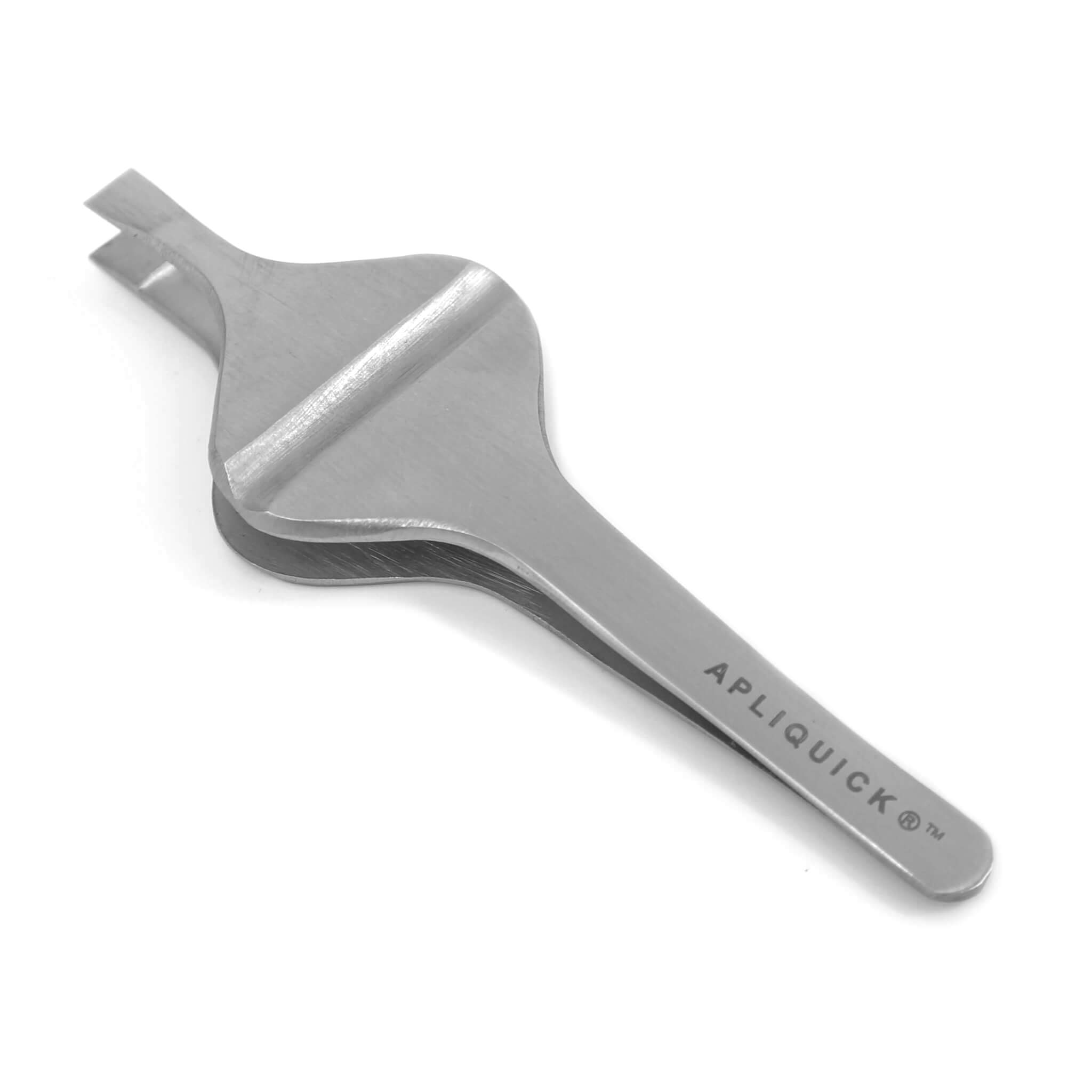Alex, Ricky, and Ricky's dad have all been part of the Quilters' S.O.S. - Save Our Stories (QSOS) project. Read on below to learn how you can help maintain it and help it to grow.
|
New access to Quilt Alliance oral history collection underway.
|
|
In 2019, the nonprofit Quilt Alliance will celebrate the 20th anniversary of Quilters' S.O.S. - Save Our Stories (QSOS), its largest and most successful project. Over 1,200 oral history interviews with quiltmakers have been recorded by the project since its founding in 1999, and this year marks an important milestone in the accessibility of this collection.
Since the first interviews were conducted at the International Quilt Festival in Houston,Texas, the recordings, photographs and transcripts have been archived at the American Folklife Center (AFC) at the Library of Congress. Anyone interested in listening to the recordings or reviewing the photos and transcript of any interview, could visit the AFC in Washington, D.C. to do so.
Earlier this month, the Alliance made available a sample set of 20 QSOS interviews to demonstrate the collection's new features, such as original interview audio recordings and enhanced descriptions. These additions will provide new access to the world's largest oral history project about quiltmakers.
QSOS was co-created by a dedicated group of Quilt Alliance board members and volunteers who identified an extraordinary gap in the quilt world: no one had ever created an oral-history project to capture the history, craft tradition, and personal experiences of America's quiltmakers. They envisioned QSOS as a grassroots effort and designed the interview process in ways that would make it accessible to interviewers and quiltmakers at all skill levels and backgrounds, allowing them to explore the central question: "if this quilt could talk," what would it say?
When volunteers began recording QSOS interviews in 1999, they used cassette recorders and created transcripts manually. By 2004, some interviewers began using digital audio recorders and audio files were saved on CDs. The collection, archived at the AFC, now includes about 70% cassette recordings and 30% digital recordings.
Quilt Alliance executive director Amy Milne says, "As we approach the 20th anniversary of the project we are thrilled to commence the long overdue task of digitizing the more than 750 cassette recordings, adding summaries, key words and weblinks to all interviews, and sharing this complete presentation online."
The Quilt Alliance seeks support from all corners of the quilting community to help make the entire QSOS collection accessible online with enhanced features and searching capacity. Individuals, groups and businesses can sponsor one QSOS interview with a $25 donation. Each donor will be paired with an interview and listed as a sponsor when that interview is posted. Milne says, "There are many interviewees, and families of now deceased interviewees, who have never been able to hear their own recordings. Restoring these voices will have a profound affect not only on this primary audience, but it will give a whole new generation access to a historical collection."
View the first 20 QSOS interviews on the Quilt Alliance QSOS website here:
Tax-deductible donations can be made securely on the Quilt Alliance's QSOS website here: http://qsos.quiltalliance.org/donate
|
|
About the Quilt Alliance
|
|
The Quilt Alliance is a 501(c)(3) nonprofit organization that supports and develops projects with institutional and grassroots partners to document, preserve, and share the history of quilts and quiltmakers.
|







.jpg)


